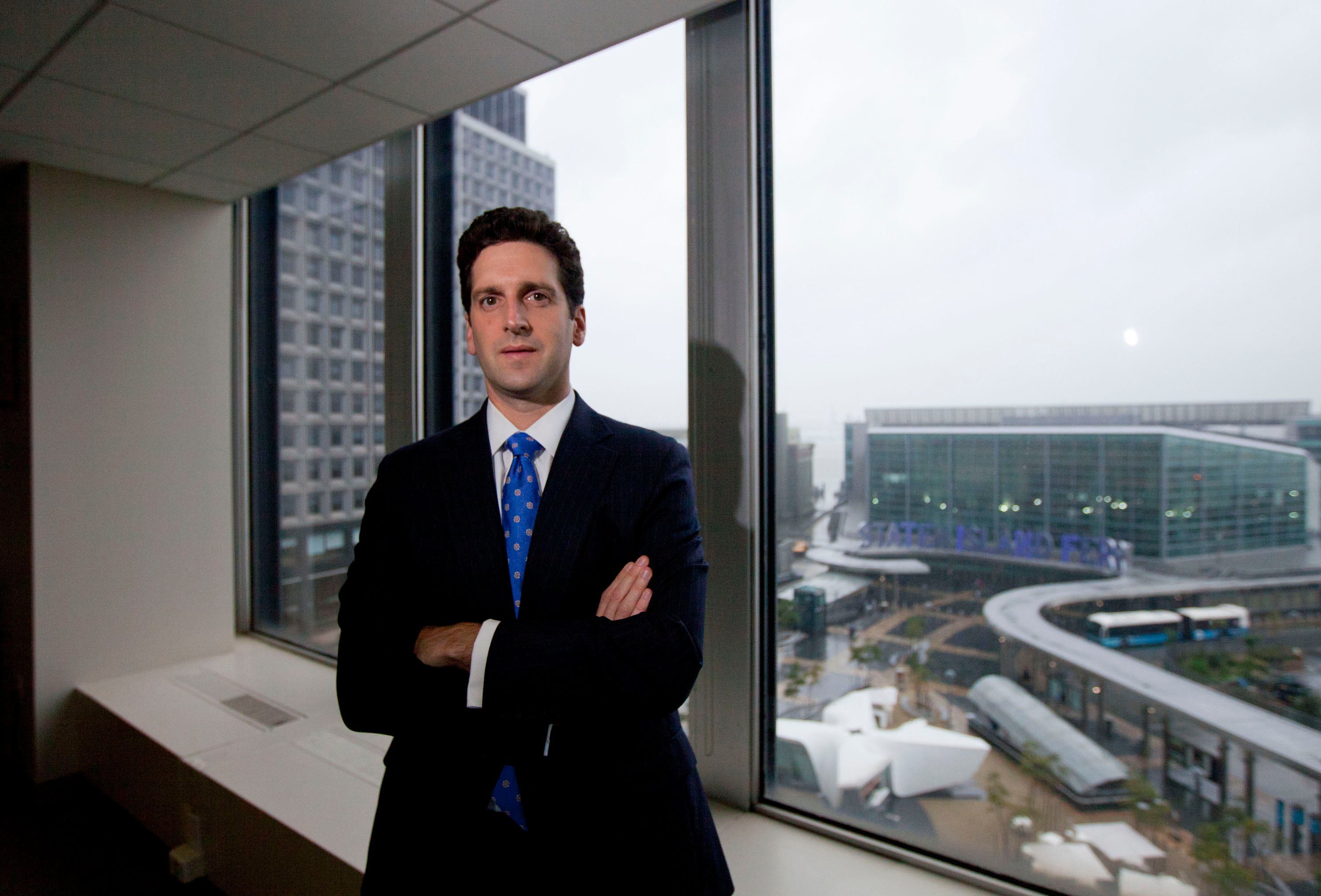US watchdogs lay siege to Europe’s banks
Benjamin Lawsky has huge powers over foreign banks that outweigh even his jurisdiction against many US banks

Benjamin Lawsky has worked hard to earn his moniker in France these days: L’homme qui fait trembler les banques, the man who makes the banks tremble.
The head of the fledgling Department of Financial Services in New York has certainly shaken BNP to its core.
The record fine of nearly $9bn (£5.3bn) imposed on the sanctions-busting bank – confirmed last night with accompanying restrictions on clearing dollar transactions – was so tough that it has led to squeals on this side of the Atlantic that Mr Lawsky and his regulatory ilk in the US are acting with an eye to patriotic, rather than legal, duties.
It is not a new claim against the man widely compared with Eliot Spitzer, the former New York governor who pursued Wall Street’s titans remorselessly before being laid low by a prostitutes scandal.
In fact it was back in 2012, during Mr Lawsky’s run-in with Standard Chartered, that such complaints first arose. The case is most widely remembered for Standard Chartered’s now-departed finance chief, Richard Meddings, supposedly having raged against “fucking Americans” telling the rest of the world how to behave. The bank furiously denies any such quote, but the words carried within them a widely held feeling in London, and now in Paris, that New York and Washington are protectionist bully boys looking to shore up Wall Street.
But the statistics do not entirely bear that out. Take JPMorgan Chase, the posterboy for all-American financial savvy during the financial crisis. US watchdogs fined it $1.7bn in January over the Madoff affair; $13bn in November 2013 over toxic mortgage-backed securities; and $920m last September for the London Whale scandal (although part of that fine went to UK regulators). It also paid part of a shared $25bn settlement in February 2012 for unfairly foreclosing on Americans’ homes.
Bank of America, too, paid $11.6bn and $9.5bn in US fines over duff mortgage assets it sold the state-owned Fannie Mae and Freddie Mac, plus $8.5bn to investors sold duff mortgage-backed securities.
Of the Europeans, meanwhile, fines ranging from $1bn to $2.6bn have been levied by the US on Credit Suisse, HSBC, Rabobank and a few others. They were mainly for money laundering, sanctions busting and Libor fixing.
Big fines, of course, but when set against some of those on US banks, even BNP’s does not seem too outrageous.
The banking analyst Chris Skinner argues in his blog: “The difference in the fines is not the scale but the rule. American authorities are punishing overseas banks for breaching US rules on trading whilst fining their own banks for screwing their customers and the government.”
The issue with Mr Lawsky, as the Columbia Law School professor John C Coffee Jr points out, is that he has huge powers over foreign banks that outweigh even his jurisdiction against many US banks. Pretty much all overseas banks operate through his state.
He also tends to muscle in on other investigations to get a cut for New York. So it was that he scraped $715m from the $2.6bn Credit Suisse paid federal authorities over tax evasion. As James Cox, professor of law at Duke University, says: “Somebody else has already tackled the company, is taking them down, and he climbs on top of the heap.”
Whether he’s putting his own team to work, or climbing on others’ backs, the result for banks on both sides of the Atlantic will be the same: more fines. Mr Skinner predicts another five or six major new areas including ripping off customers, insider trading and general mis-selling of financial products.
And that all means hundreds of millions more dollars in fines for Mr Lawsky and his fellow watchdogs.
Join our commenting forum
Join thought-provoking conversations, follow other Independent readers and see their replies
Comments
Bookmark popover
Removed from bookmarks